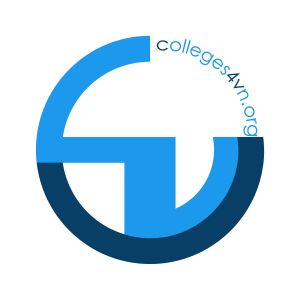It was Veteran’s Day, and my kindergarten class was listing family members who had served in the military. I raised my hand, waving it intensely, intent on sharing mine. Regardless of the lack of honesty in my statement, I went for it. “My grandpa was in the army.” I needed an explanation for his absence, so my imagination filled the void where truth didn’t exist. He was now a soldier, a hero. Still, my statement was untrue.
Cambodia: My parents would romanticize it. And I would listen. It was a beautiful place, dotted with stone temples, rice fields, and water buffalo. My dad would tell me of when he sat on his water buffalo, tending to the crop, climbing trees for coconuts, and taking the occasional nap. My mom would tell me of her bicycle ride to school and her trips to the market. An image of a tranquil, green, Cambodia, filled my mind.
At age 12, this image was shattered. My mother’s voice pierced my ears, revealing all. For years, my parents hid the chaos that the once peaceful land endured: War, Violence, Instability. They hid the hunger, loss, and pain. They hid the regime that chased away its own children, choking its own people with soulless hands. They hid that at my age, my father ran from home to a refugee camp in Thailand. They hid that at my age, my mother struggled in constant hunger. They hid, that for years, death hungrily floated above my grandparents, aunts, and uncles. Never will I truly know their struggle, but that was their intention: I will never truly know their struggle.
When I was born, my parents made a promise, stating that I would never be exposed to the things that they were, that my aspirations would never be cut short by hunger or war. America would be our safe haven, and they sought to make the best possible present out of the past that they were given. For me, they bore a huge burden. For me, they worked tirelessly.
“Work hard, son.” My mother had repeated to me. My parents seemed to live by these words themselves. “Work hard.” At first, I did not pay them much attention, but that soon changed. One day in second grade, I missed the school bus. An unconcerned seven year old, I walked back home. After I knocked on the apartment door, my mother opened it in surprise. Realizing that my dad had gone to work and that she had no other way to take me to school, she grabbed me by the hand, and we began a seemingly endless trek to school.
When we had arrived inside the school building, she looked at me. Her eyes housed neither disappointment nor shame. Her voice sounded fulfilled, as it said the same words in Khmer that she had told me for years: “Work hard, son.” She began the long walk home. It wouldn’t be until later that I realized the importance of those words. They were the reason why we were here today. They were the beginning of a cycle: Use what you are given. Do what you are able. Live well. Strive for better.
“Work hard, son.” On my first day of my senior year, my mother hugged me, and said the same words that I’d heard for so long. I smiled, and I listened to those words gently echo inside of my head. “I will,” I promised.
My parents did not deserve to go through life as they did, but because of their sacrifices, they made sure that I was given all that they could possibly give. They made sure to give me the ultimate present: the present. With it, I’ve been entrusted with the challenge of building the best possible future, and I gratefully accept this challenge.




Bình luận
Vui lòng đăng nhập để comment